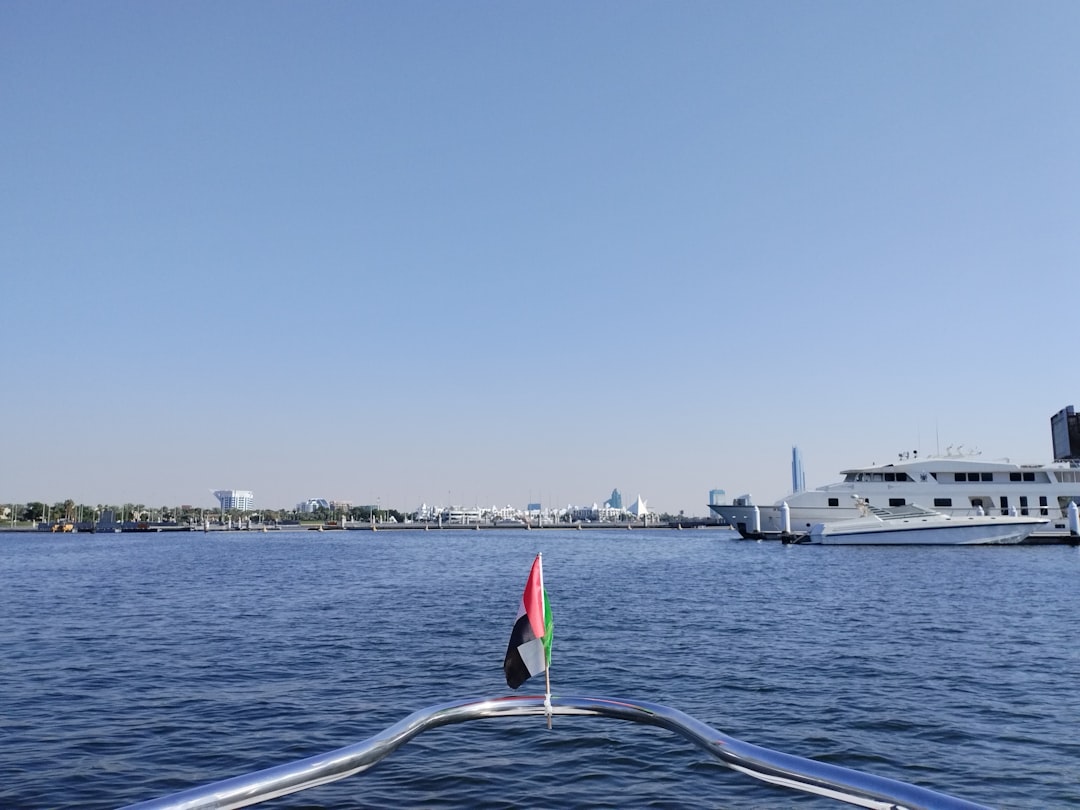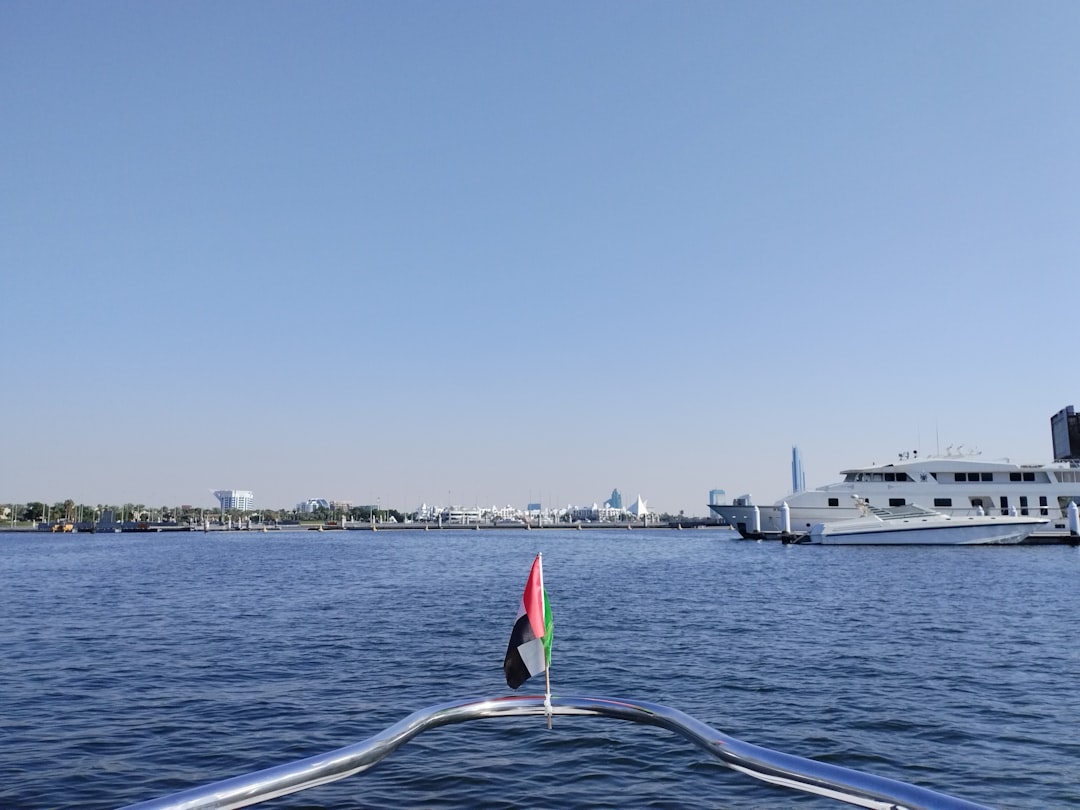At Allianze HR Consultancy, we’ve successfully placed 10,000+ professionals across UAE, Saudi Arabia, Qatar, and Kuwait. Furthermore, our 5+ years of GCC expertise supports clients from 50+ countries. Moreover, our Ministry of External Affairs (India) RA license ensures compliance. Therefore, contact our recruitment specialists for expert guidance.
Understanding GCC Workforce Integration Requirements
GCC labor markets present unique workforce integration challenges. First, cultural adaptation requires careful management. Second, regulatory compliance demands meticulous attention. Third, technical roles need specialized orientation approaches. Additionally, language barriers may affect communication effectiveness.
Kuwait’s industrial sector operates within strict regulatory frameworks. Therefore, understanding Public Authority of Manpower requirements proves essential. Moreover, safety standards differ from other regions. Consequently, orientation programs must address these specifics. For example, technical certification verification requires additional steps.
Successful workforce integration involves multiple stakeholders. Specifically, HR departments coordinate with operations teams. Meanwhile, supervisors provide technical orientation. Additionally, government relations handle documentation. Furthermore, accommodation providers support settlement needs.
- Cultural orientation covering Kuwaiti business etiquette
- Safety certification and compliance verification
- Technical equipment familiarization and authorization
- Company policy adaptation to local regulations
- Structured mentorship program implementation
- Performance expectation clarification and alignment
Moreover, documentation processing follows specific sequences. First, residency permits require medical screening. Second, work permits need employer sponsorship. Third, safety certifications demand practical assessments. Additionally, bank account setup involves company documentation. Consequently, proper planning prevents processing delays.
Onboarding Best Practices Kuwait Strategic Overview
Implementing effective onboarding best practices requires strategic planning. First, pre-arrival preparation ensures smooth transitions. Second, arrival coordination addresses immediate needs. Third, integration phases build competence gradually. Moreover, evaluation mechanisms measure program effectiveness.
Strategic onboarding directly impacts business outcomes. Specifically, productivity increases up to 50% faster. Furthermore, retention improves significantly with structured programs. Additionally, safety compliance strengthens with proper orientation. Therefore, investing in comprehensive programs delivers measurable returns.
Kuwait’s regulatory environment influences program design. For example, medical screening must occur within specific timeframes. Moreover, safety training requires approved providers. Additionally, documentation submission follows strict deadlines. Consequently, program scheduling must accommodate these requirements.
- Pre-arrival documentation verification and preparation
- Airport reception and transportation arrangements
- Temporary accommodation provisioning and orientation
- Medical screening scheduling and completion
- Safety certification acquisition and validation
- Company registration and system access provision
Furthermore, cultural integration requires deliberate approaches. Specifically, Islamic traditions influence workplace practices. Moreover, communication styles differ across cultures. Additionally, hierarchical structures affect reporting relationships. Therefore, cross-cultural training ensures smoother adaptation.
Legal Framework and Compliance Standards
Kuwait’s labor law establishes minimum onboarding requirements. First, employment contracts must meet specific criteria. Second, working hours and overtime need clarification. Third, leave entitlements require detailed explanation. Moreover, grievance procedures must be communicated clearly.
Compliance verification involves multiple government entities. Specifically, the Public Authority of Manpower oversees work permits. Meanwhile, Ministry of Health handles medical screenings. Additionally, Ministry of Interior manages residency permits. Furthermore, specialized agencies regulate technical certifications.
Documentation requirements follow specific sequences. For instance, employment contracts require Arabic translation. Moreover, educational credentials need attestation. Additionally, technical certifications demand validation. Consequently, proper documentation prevents legal complications.
- Kuwait Labor Law (Private Sector) compliance
- Public Authority of Manpower regulations
- Ministry of Health medical standards
- Specialized technical certification requirements
- Residency permit processing procedures
- Social insurance registration obligations
Additionally, safety regulations mandate specific training content. According to International Labour Organization guidelines, workplace safety training must cover hazard identification. Moreover, emergency procedures require practical demonstration. Furthermore, equipment-specific training needs certification. Therefore, comprehensive safety orientation proves essential.
Onboarding Best Practices Kuwait Best Practices
Implementing proven onboarding best practices ensures program effectiveness. First, structured orientation schedules prevent information overload. Second, phased learning approaches build knowledge progressively. Third, practical application reinforces theoretical understanding. Moreover, mentorship programs accelerate cultural adaptation.
Effective programs balance compliance and engagement. Specifically, regulatory requirements must be met completely. Meanwhile, employee experience impacts retention significantly. Additionally, operational needs dictate timing and sequencing. Therefore, customized approaches deliver optimal results.
Documentation management requires systematic approaches. For example, checklist systems track completion status. Moreover, digital platforms centralize record keeping. Additionally, approval workflows ensure verification. Consequently, administrative efficiency improves dramatically.
- Structured 30-60-90 day onboarding plan implementation
- Dedicated onboarding buddy or mentor assignment
- Regular check-in meetings and feedback sessions
- Clear performance metrics and expectation setting
- Cross-cultural communication training provision
- Comprehensive safety orientation and certification
Furthermore, integration activities build team cohesion. Specifically, social events facilitate relationship building. Moreover, cross-departmental introductions expand networks. Additionally, company culture immersion reinforces values. Therefore, social integration complements technical training effectively.
Documentation and Processing Steps
Documentation processing follows specific sequences in Kuwait. First, employment contract signing occurs before arrival. Second, entry visa processing requires company sponsorship. Third, medical screening happens within days of arrival. Moreover, residency permit applications follow medical clearance.
Efficient documentation management prevents delays. Specifically, checklist systems track requirement completion. Moreover, digital platforms facilitate status monitoring. Additionally, dedicated coordinators ensure timely submission. Consequently, processing time reduces significantly.
Required documents vary by position and nationality. For instance, educational certificates need attestation. Meanwhile, technical certifications require validation. Additionally, passport copies must be certified. Furthermore, photographs meet specific specifications.
- Employment contract signing and authentication
- Passport copy certification and visa processing
- Medical examination completion and clearance
- Residency permit application and issuance
- Civil ID processing and collection
- Social insurance registration and activation
Additionally, company-specific documentation requires completion. According to U.S. Department of Commerce trade resources, international businesses must adapt policies to local requirements. Moreover, safety manuals need Arabic translation. Furthermore, procedure documents require cultural adaptation. Therefore, comprehensive documentation preparation proves essential.
Onboarding Best Practices Kuwait Implementation Timeline
Realistic timeline planning ensures successful implementation. First, pre-arrival preparation requires 1-2 weeks. Second, initial orientation spans 3-5 days. Third, documentation processing takes 2-4 weeks. Moreover, full integration typically requires 60-90 days.
Timeline variations depend on multiple factors. Specifically, documentation completeness affects processing speed. Meanwhile, medical clearance timing varies individually. Additionally, government processing fluctuates seasonally. Consequently, buffer periods prevent schedule disruptions.
Critical path activities demand careful sequencing. For example, medical screening must precede residency applications. Moreover, safety training should occur before equipment operation. Additionally, system access requires completed registration. Therefore, logical sequencing prevents bottlenecks.
- Week 1: Arrival processing and initial orientation
- Week 2-3: Documentation processing and basic training
- Week 4-6: Technical training and supervised practice
- Week 7-12: Gradual responsibility increase and evaluation
- Month 3: Full integration assessment and feedback
- Ongoing: Continuous development and support provision
Furthermore, evaluation milestones measure progress effectively. Specifically, week one assessments verify orientation comprehension. Moreover, month one evaluations measure adaptation progress. Additionally, quarter-end reviews assess full integration. Therefore, structured assessment ensures program effectiveness.
Common Challenges and Solutions
Cultural adaptation presents significant initial challenges. First, language barriers affect communication effectiveness. Second, workplace norms differ from home countries. Third, social isolation impacts morale negatively. Moreover, homesickness reduces engagement temporarily.
Documentation delays create operational complications. Specifically, medical clearance delays postpone residency processing. Meanwhile, certification validation issues delay job assignment. Additionally, system access problems hinder productivity. Consequently, contingency planning proves essential.
Technical integration faces specific obstacles. For instance, equipment differences require adaptation. Moreover, procedure variations need learning. Additionally, safety protocol differences demand attention. Furthermore, performance expectation misalignment causes frustration.
- Language barrier: Provide basic Arabic phrases and translation support
- Cultural isolation: Implement mentorship and social integration activities
- Documentation delays: Maintain backup copies and parallel processing
- Technical adaptation: Offer extended supervised practice periods
- Homesickness: Facilitate communication and community building
- Expectation misalignment: Conduct regular clarification sessions
Additionally, compliance issues require proactive management. According to UAE government employment regulations, similar GCC markets share common challenges. Moreover, regulatory changes demand constant monitoring. Furthermore, documentation standards evolve regularly. Therefore, expert guidance prevents compliance violations.
Expert Recommendations for Success
Successful programs incorporate multiple best practices. First, executive sponsorship ensures resource allocation. Second, cross-functional involvement addresses all aspects. Third, continuous improvement mechanisms maintain relevance. Moreover, technology utilization enhances efficiency.
Measurement systems prove critical for optimization. Specifically, productivity metrics track ramp-up speed. Meanwhile, retention rates measure long-term success. Additionally, satisfaction scores indicate experience quality. Consequently, data-driven adjustments improve outcomes.
Stakeholder engagement strengthens program effectiveness. For example, manager involvement ensures operational relevance. Moreover, peer participation facilitates social integration. Additionally, HR coordination maintains compliance. Furthermore, leadership communication reinforces importance.
- Secure senior management sponsorship and visibility
- Develop customized checklists for specific roles
- Implement technology platforms for tracking
- Establish clear metrics and evaluation criteria
- Create feedback mechanisms for continuous improvement
- Build cross-functional onboarding task forces
Furthermore, resource allocation ensures sustainability. According to World Health Organization workplace standards, proper orientation reduces workplace incidents. Moreover, comprehensive training improves overall wellbeing. Additionally, supportive environments enhance mental health. Therefore, adequate investment delivers multiple benefits.
Frequently Asked Questions About Onboarding Best Practices Kuwait
What is the timeline for onboarding best practices Kuwait?
Timeline typically ranges 4-8 weeks depending on country requirements. Furthermore, documentation preparation affects processing speed. Therefore, consult our specialists for accurate estimates.
What documentation is required for workforce integration process?
Required documents include employment contracts, visa applications, medical certificates, and educational credentials. Additionally, country-specific requirements vary. Moreover, attestation procedures apply.
What are typical costs for technical recruitment integration?
Costs vary by position level, country, and volume. Furthermore, visa fees, medical screening, and documentation affect total investment. Therefore, request detailed quotations from recruitment partners.
How does Allianze HR ensure compliance?
We maintain Ministry-approved RA license status. Additionally, our team monitors GCC labor law changes. Moreover, we conduct thorough documentation verification at every stage.
Which GCC countries does Allianze serve?
We provide recruitment services across UAE, Saudi Arabia, Qatar, Kuwait, Bahrain, and Oman. Furthermore, our South Asian talent network spans India, Nepal, Bangladesh, and Pakistan.
What industries does Allianze specialize in?
Our expertise covers construction, hospitality, healthcare, facilities management, manufacturing, and technical services. Additionally, we handle both skilled and semi-skilled recruitment.
Partner with Allianze HR for Workforce Integration Success
Implementing effective onboarding best practices requires specialized expertise and local knowledge. Furthermore, Kuwait’s regulatory landscape demands careful navigation. Moreover, technical workforce integration benefits from structured approaches. Therefore, professional partnership ensures optimal outcomes and compliance assurance.
Successful mechanical technician integration delivers significant business benefits. Specifically, productivity improvements justify program investment. Meanwhile, retention enhancements reduce recruitment costs. Additionally, safety compliance prevents operational disruptions. Moreover, cultural adaptation strengthens team cohesion.
Allianze HR brings proven expertise to your workforce challenges. According to World Bank labor market reports, professional recruitment partners improve placement success rates significantly. Furthermore, our comprehensive approach addresses all integration aspects. Moreover, our local presence ensures responsive support. Therefore, partnership delivers measurable value.
Explore our professional recruitment resources for additional insights. Additionally, schedule consultation appointment for personalized guidance. Finally, implement these onboarding best practices to optimize your mechanical technician integration in Kuwait. Consequently, your organization will achieve superior operational results and sustainable workforce success.




